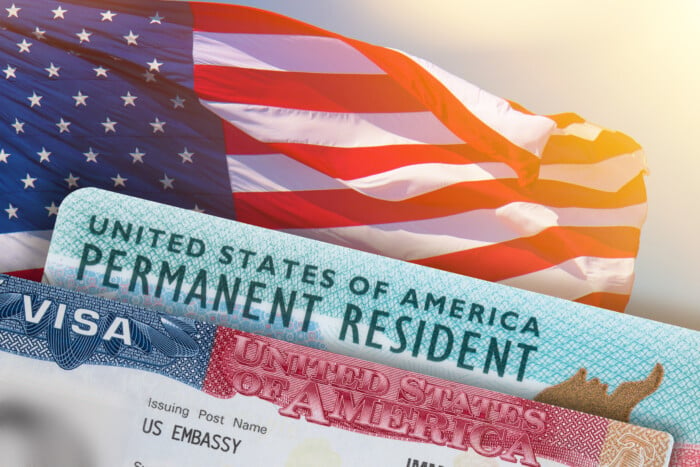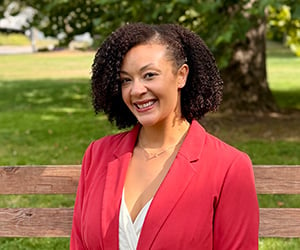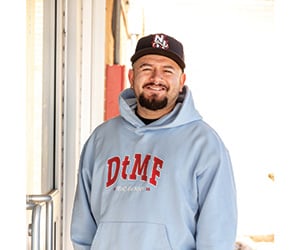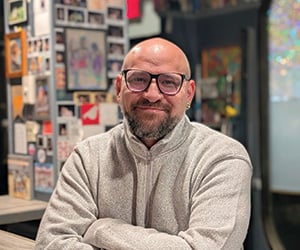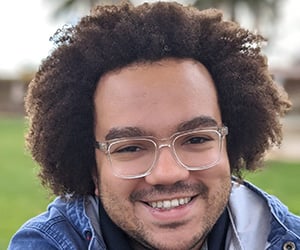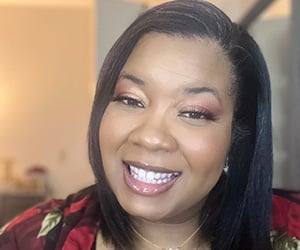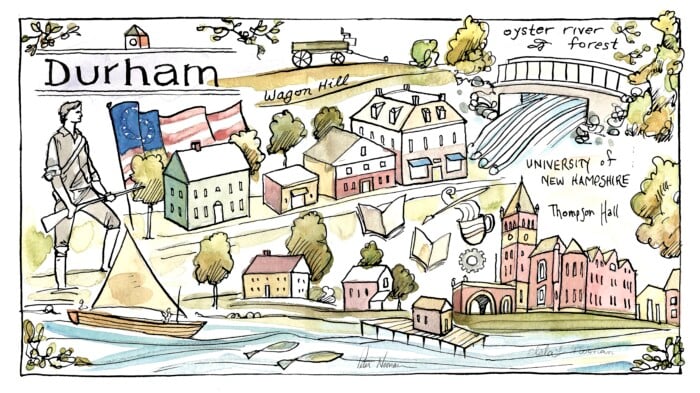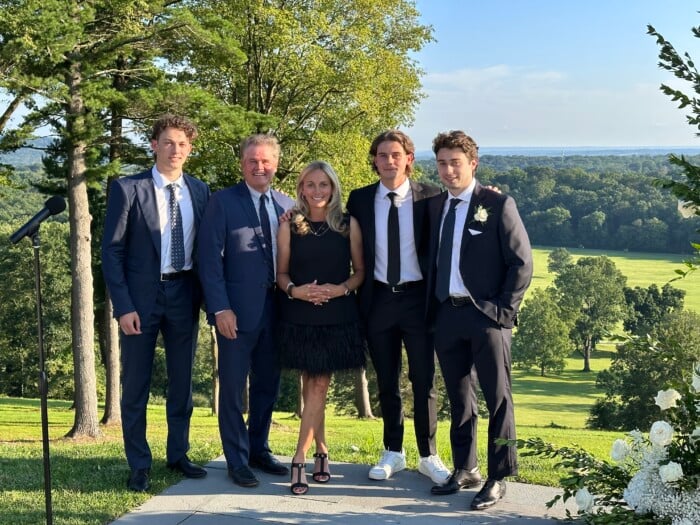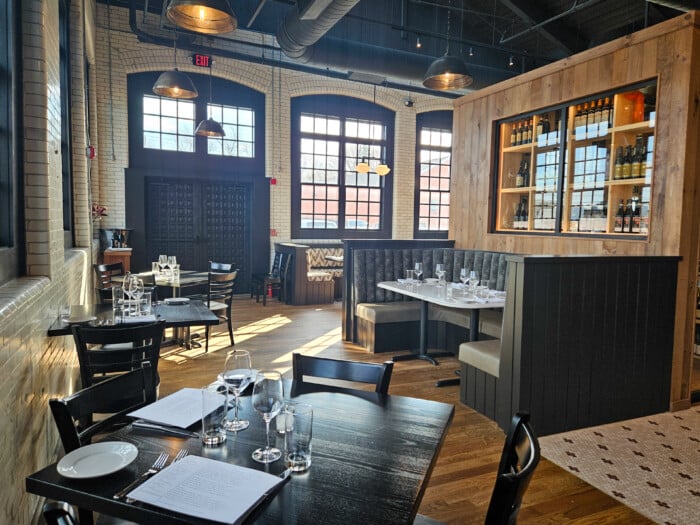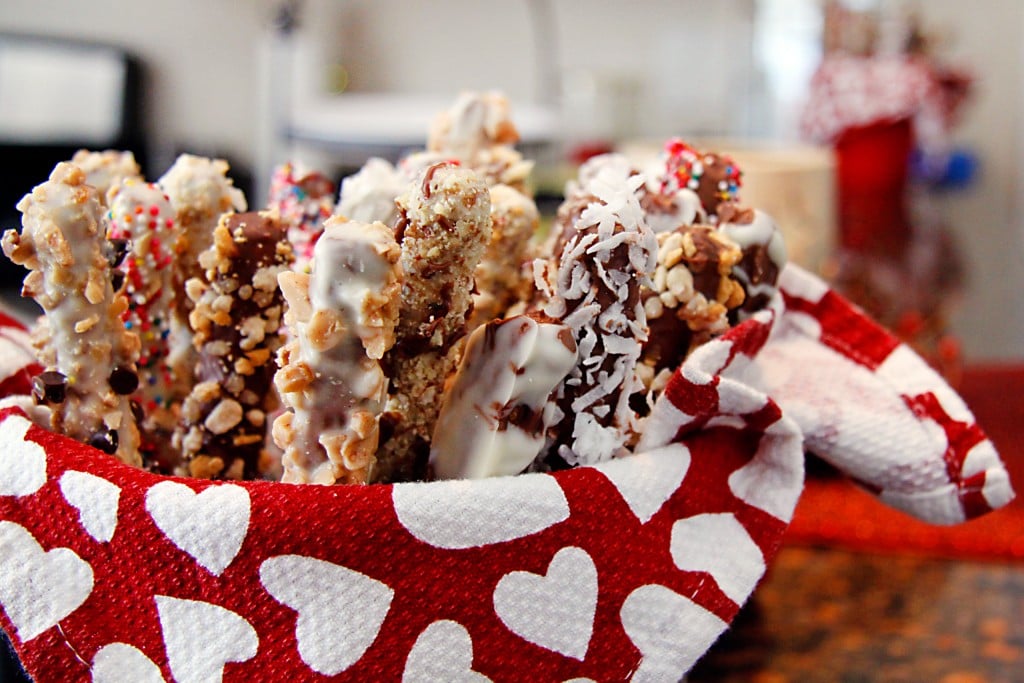Traditions that Unite Us: Holidays with Faith and Family Bridge Former and New Homes
Food brings together generations of traditions for African Americans
While many New Hampshire families unwrap gifts by the tree on Christmas morning, parishioners at The Over Comers Church of God in Concord gather for hours of worship, song and dance.
For them, Christmas is not just a holiday; it is a bridge between home and homeland, a chance to celebrate the birth of Christ and keep alive the traditions they once knew in East Africa’s Great Lakes region.
Pastor Clement Kigugu remembers when the church first took shape. Refugees arriving from the Democratic Republic of Congo, Burundi and Rwanda more than a decade ago longed for a place to worship in their own languages and with the same joyful energy they knew back home.
What might be a one-hour service here in the States often stretched to three, alive with drumming, singing and testimony.
For Kigugu, Christmas has always been first and foremost about worship. Gifts and food follow, but the heart of the holiday is in honoring the birth of Jesus.
“It’s Jesus’ Day,” he said.
Adults in the community still embrace that tradition, while children lean toward American customs of presents and candy, he said. What ties both generations together is the food: Congolese fufu made from cassava flour, plantains, beans and meat, according to Kigugu.
In East Africa, families might slaughter a goat or cow for the holiday feast; in New Hampshire, the dishes keep that spirit alive. “When we eat fufu and cassava leaves, we know we are home,” he reflected.
If Christmas at Over Comers ties Concord’s African diaspora to its faith roots, Kwanzaa has become the bridge for Black communities in Nashua and Manchester to honor culture and history.
Created in 1966 by Maulana Karenga, Kwanzaa celebrates African heritage and values through seven guiding principles, from Umoja (unity) to Imani (faith). In New Hampshire, groups like the Greater Nashua Branch of the NAACP, the NH Black Women’s Health Project, and Victory Women of Vision have kept those principles visible through annual celebrations between the communities of Nashua and Manchester.

Last year, the Nashua NAACP, the NH Black Women Health Project and the Victory Women of Nashua hosted a Kwanzaa celebration in Nashua with drumming, dancing, food and more. Courtesy Photos
For longtime organizer Brenda Lett, the holiday is about cultural pride and continuity. She describes it as unapologetically African American. Not religious, not heroic, but rooted in heritage. In earlier years, celebrations often took the form of potlucks, where each dish carried a story. She remembers once bringing jerk salmon to an NAACP gathering, which opened conversations among people tasting it for the first time.
Even now, with health rules requiring catered food, the goal remains the same: breaking bread together to strengthen cultural bonds.
That spirit was on full display at Soel Sistas, a Black woman-owned restaurant in downtown Nashua that has hosted the local Kwanzaa gathering for the past two years.
Owner Kendra Soucie-Smith turned her dining room into a community hub, serving soul food staples like catfish, collard greens, mac and cheese, pecan pie, peach cobbler, and rice and peas. She admitted it was moving to see the space filled in this way, recalling how, during the first NAACP celebration, she realized, “It’s nice to make this place the hub.”
Her father, Charles Richardson, a Bellamy, Alabama, native who has lived in New Hampshire for half a century, captured the significance of the moment with a grin, quietly asking his daughter, “Kendra, where did you find all these Black people?”
Greater Nashua Branch of the NAACP president Linda Gaitwright said that the event drew a strong turnout and reminded her of Kwanzaa’s larger purpose: connecting people across different Black identities. “It brings together those who came from the islands, from Africa, and those born here,” she said. “It brings us into one great network of people.”
Across New Hampshire, these holidays are more than dates on the calendar. They are markers of identity for communities building new lives while holding close to traditions from home.
For Kigugu, Christmas remains “Jesus’ day” above all else.
For Lett, Soucie-Smith and Gaitwright, Kwanzaa is about celebrating ancestors and instilling values of unity and self-determination.
Together, Christmas and Kwanzaa show how culture and faith travel, adapt and take root in new soil. In the cold of a New Hampshire December, they bring warmth, memory and a sense of belonging.
Fufu Recipe
Shared by Clement Kigugu
Ingredients:
Cassava flour or corn flour (you can also blend both)
Water
Instructions:
In a medium pot, bring 3 cups of water to a boil.
In a separate bowl, mix 1 cup of room-temperature water with the flour to form a smooth paste (this prevents lumps).
Gradually pour the flour paste into the boiling water, stirring constantly with a wooden spoon.
Continue stirring and pressing the mixture against the sides of the pot until it thickens and becomes smooth, stretchy and soft, like dough.
Reduce the heat and keep stirring for 5–7 minutes, until fully cooked.
Shape into round balls using a spoon or your hands
Serving Suggestion: Fufu is best enjoyed with your favorite soup or sauce, such as peanut stew, okra soup, fish, beans or vegetable stew. Traditionally, you pinch off a small portion with your fingers, shape it, and use it to scoop up the sauce.
Note: In many African cultures, Fufu is more than food — it represents community, family and togetherness. Meals are often shared from a common bowl, bringing people closer around the table.

